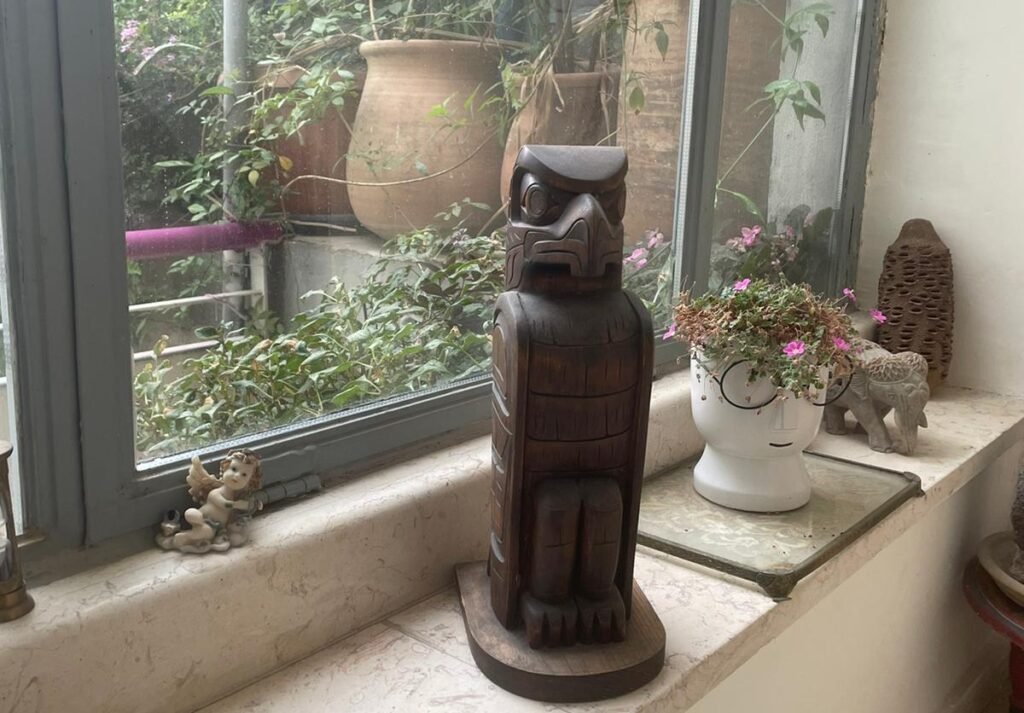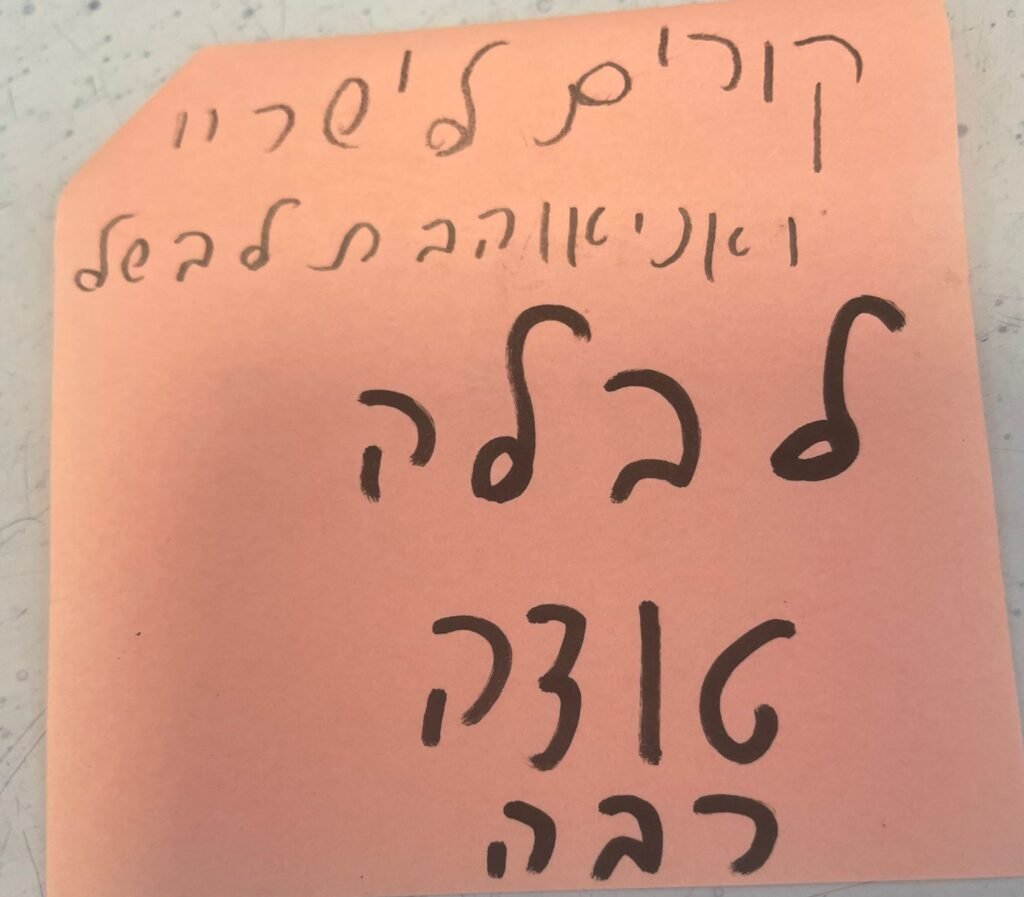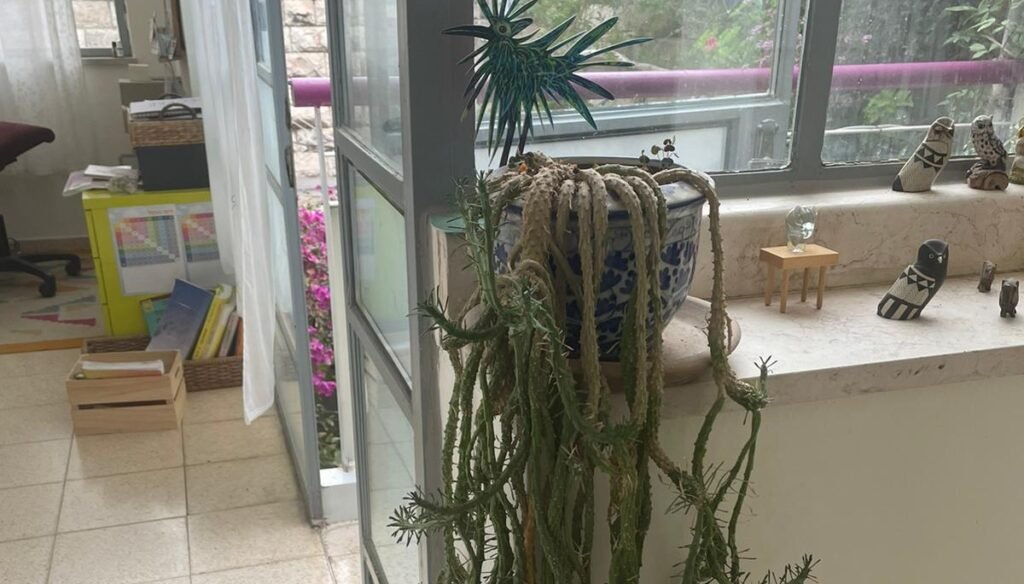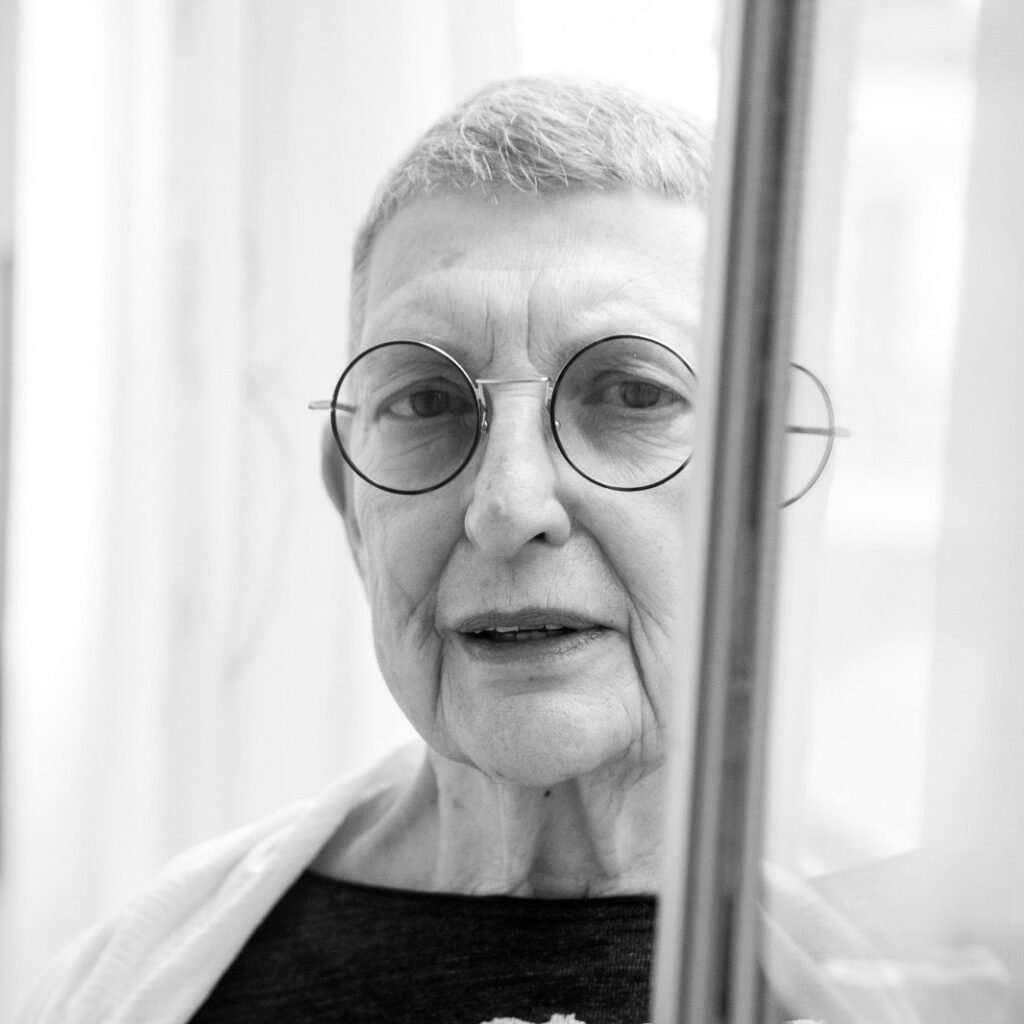Pupils today are sent for assessments when teachers have difficulty in teaching them. Usually, assessments are done by psychologists who do not have expertise in teaching. Assessments follow students for many years and emphasize a ‘learning disability” instead of ability and the support they need to improve their learning potential. But do assessments work?
Often pupils are referred to me after their assessments. They bring a file with names and definitions, and they expect me to follow what is written there. They are surprised each time I place the assessment aside and start by teaching them. I am interested in the process of learning rather than following terms and definitions. Do assessments work? Probably sometimes. However, from my experience as a teacher, there is a huge difference between teaching or defining a problem everyone knows exists.
You taught me 15 years ago
Doron called one day to ask if I could help him. He reminded me that I had been his teacher 15 years ago when he was in junior school. He is 22 now and about to register for university. Still, as being dyslectic, according to all the assessments, he already expected all the difficulties he was about to encounter and understood that he needed to improve his English.
“The only teacher I remember that ever managed to teach me to read was you” I first felt flattered and soon after frustrated. Can it be that in 15 years, he didn’t encounter more teachers that helped him read?
I scheduled for us a time and felt a sense of excitement as if I was to meet up with an old friend. The young man that stood at my door still had the same eyes as the child I remembered.
Dyslectic and dysgraphic
He sat down with a shy smile and said, “to this day, I don’t read, even in Hebrew!”
“Why not?” I asked.
“I’m dyslectic and dysgraphic,” he said pretty confidently. “I have been to many assessments, and they all diagnosed the same. Dyslexic and dysgraphic. I only read when I have no other choice.”
“But do assessments work? I asked him. What does it mean that you don’t read? I somehow remember that we were reading together?”
“I cannot read or write properly.” He automatically said again.
I told him that I was not too fond of all these concepts, and preferred if he would say to himself that it wasn’t easy to write or read rather than using those terms of cannot. I explained to the young man that he had become, that the assessments work sometimes, but they give him a title rather than investigate and discover together with him, how to read and how to find the best method to deal with reading. I put a book in front of him and asked him to read. To my surprise, his reading was accurate and fast.
“Your reading is perfect. Can you explain what happens when you read? Why do you believe that you are incapable of reading?
“I keep on starting a book and never finish. After two or three chapters, I am not sure what it is all about.”
“But that has to do with collecting information and not about the actual reading. If you don’t remember the details of characters, places, and plot, the page becomes a whole lot of letters and words without any meaning.” I then suggested he quickly recall the details at the end of each page he reads. I said that even if he doesn’t remember characters, he should write them down on a piece of paper and can always refer back to them.”
The following week, he arrived and admitted that I was correct. He realized that he could read, and the main difficulty was that he lost concentration after a few pages mainly because he couldn’t always remember who was who. It helped him to just jot down names and a word or two to remind him how they were connected to the story.
Learning is a process
So that is another story we must deal with. Concentration. We put our heads together to discover how Doron could keep his concentration level for a longer time. For me, this is what learning means rather than a label given in the assessment. Learning is a dynamic activity, and if I genuinely listen to the pupil, whatever difficulty he encounters and at whatever age, I can then seek methods to help him, rather than listening to his assessment. Instead of the “learning disability” label given so easily to pupils, I call it a “learning challenge’ – it is a challenge for pupils and teachers together. If one is assessed today, it doesn’t mean that he remains in the same situation all his life, and it is just a starting point for improvement and learning new strategies.
Do assessments work? As a teacher for many pupils, I rarely encountered an assessment that helped the pupil or me. From my experience, quite often, it is the opposite. It allows the student to use their title rather than being curious about finding his way to learn.
Doron came because he wanted to learn English. He has a small English vocabulary and has great difficulty in understanding and learning the rules of the different tenses. We are still in the process of finding the method that helps him best to learn and remember. It is a building process between us. We discuss what helps with the recall of rules and vocabulary. We have already discovered that he learns through hearing – not writing or reading. And so, we recorded the different rules of the different tenses and useful words to learn for vocabulary. His motivation is high, and we work as a team, which is a wonderful feeling for us both. I am positive that he will manage in university and that he will be able to read and understand English.
If he had only listened to the assessments he received and not looked for further help, he would continue to relate to himself as a person with reading problems and carry the dyslexic title along with him. If he continues and investigates his way of reading and learning, he will achieve the ability to study at university, but furthermore, he would gain curiosity about his own life. He would understand that a title might limit him and that there are endless ways to improve and learn.






ברכות חמות בלה יקה שתמשיכי להאיר את העולם באורך המיוחד
תודה מיכל…חשוב המשוב שלך
והעידוד…גם לי יש ילדה קטנה בתוכי שרוצה לדעת שיש אוזניים שם בחוץ💕